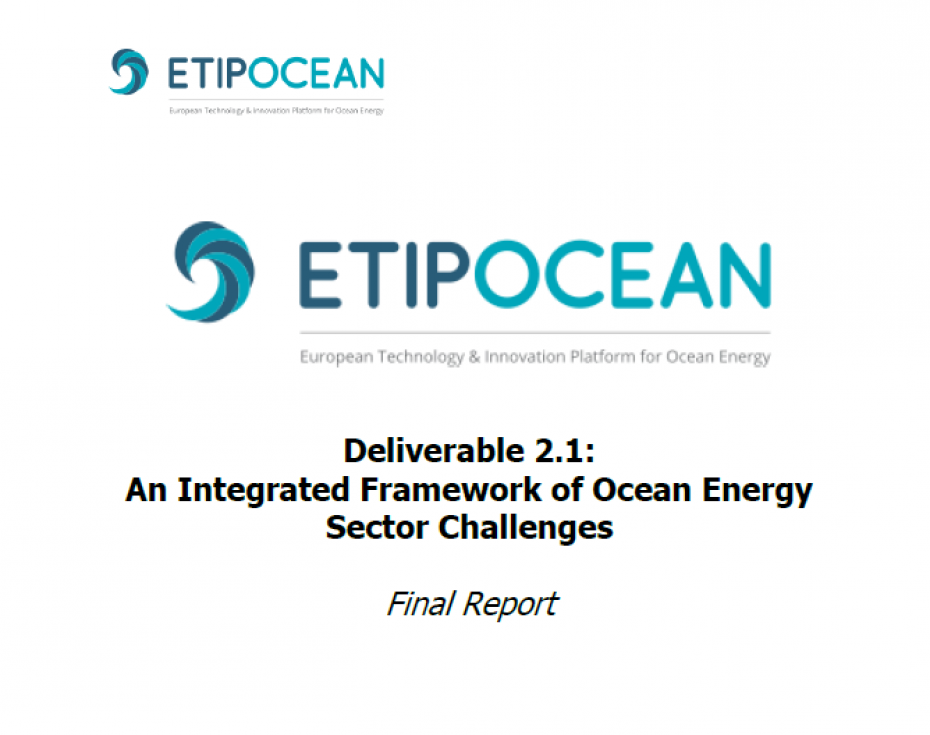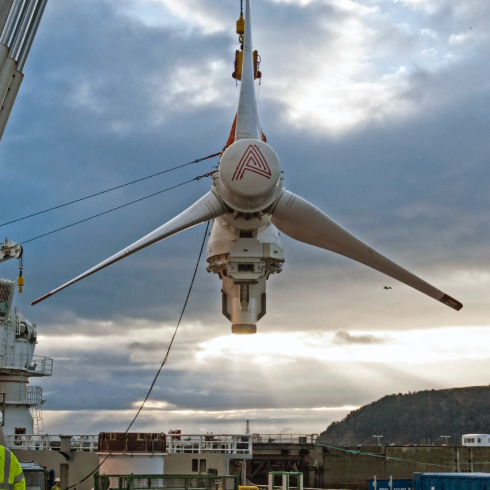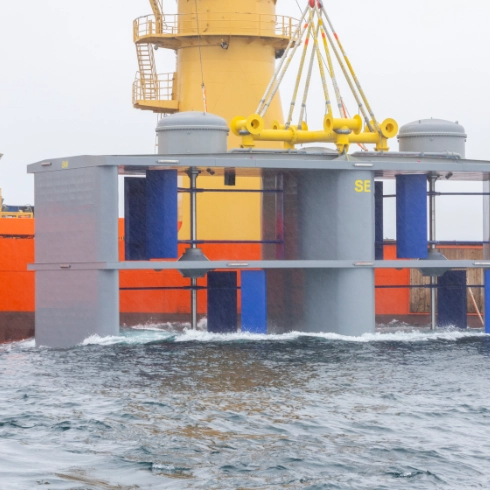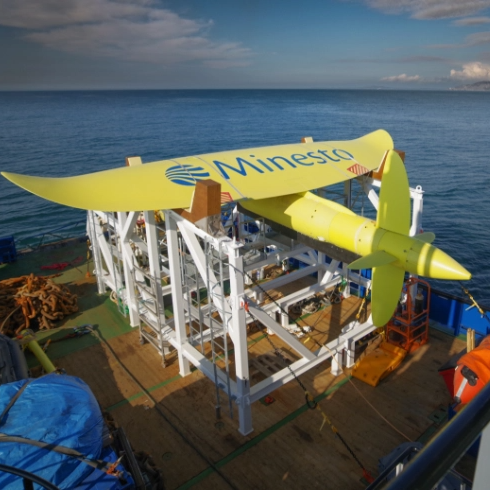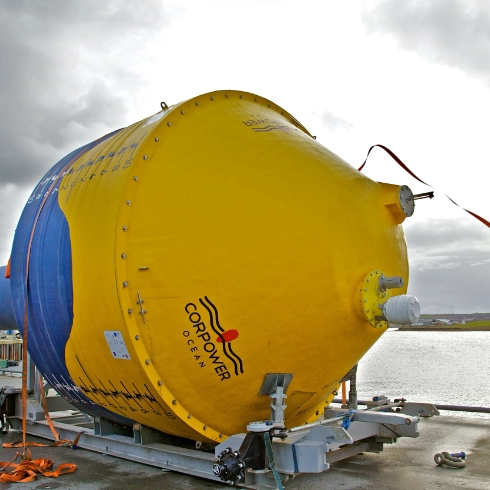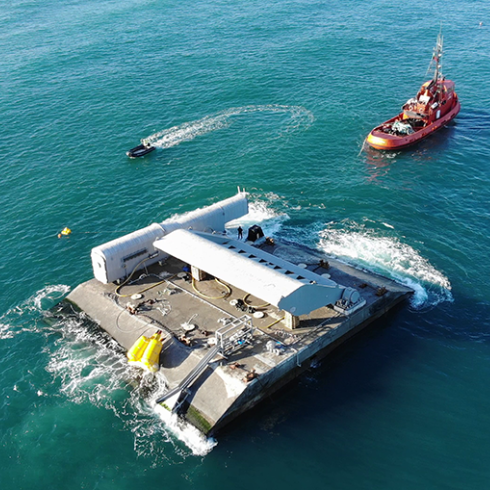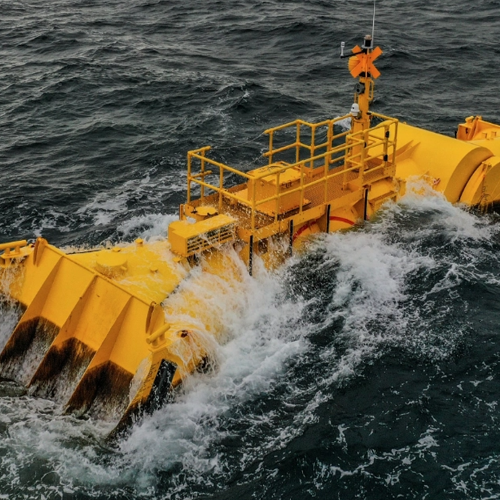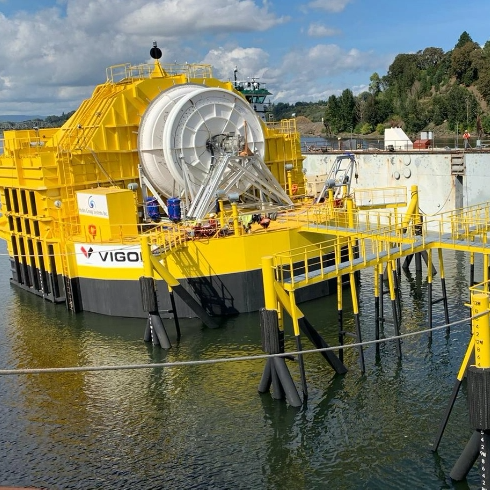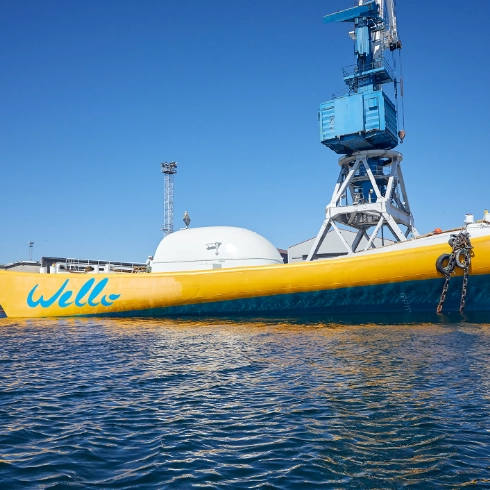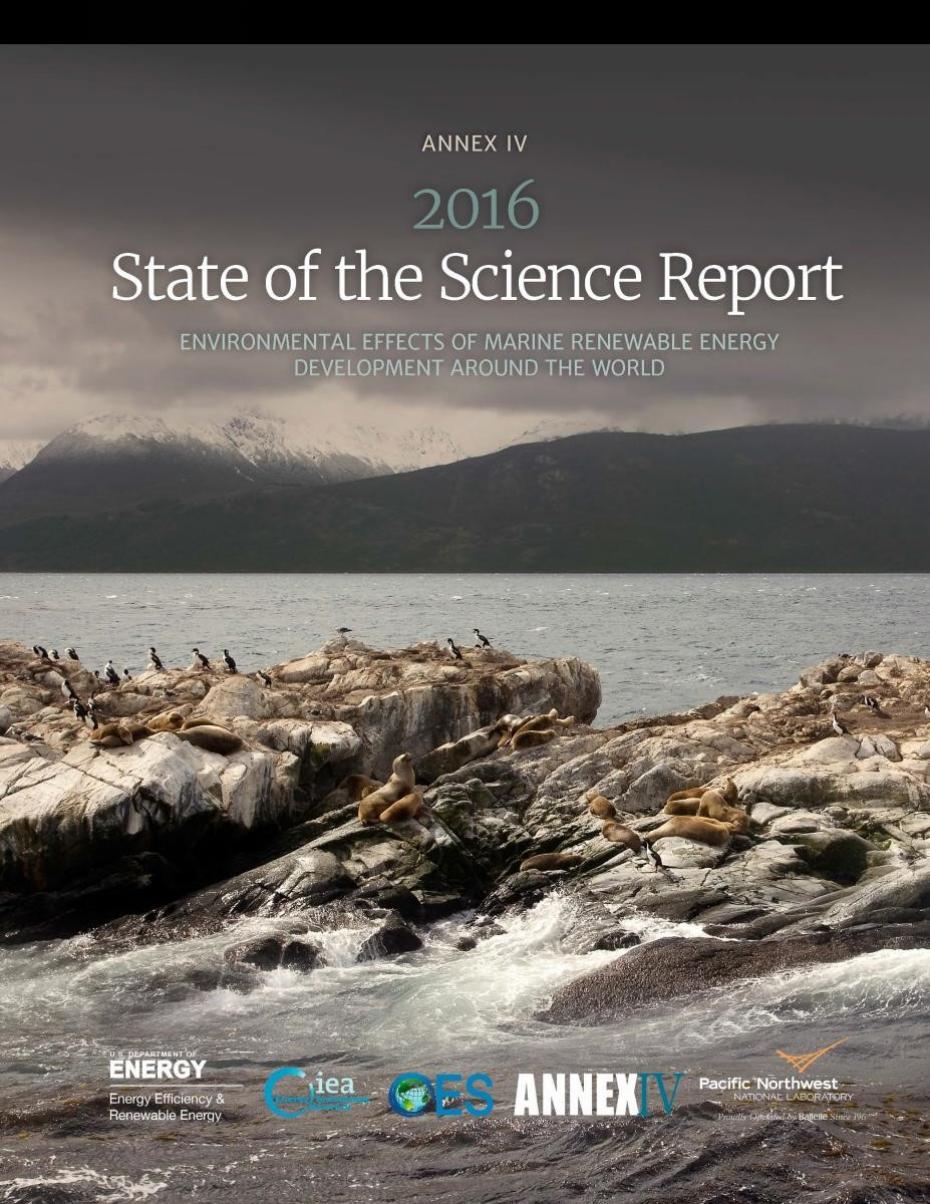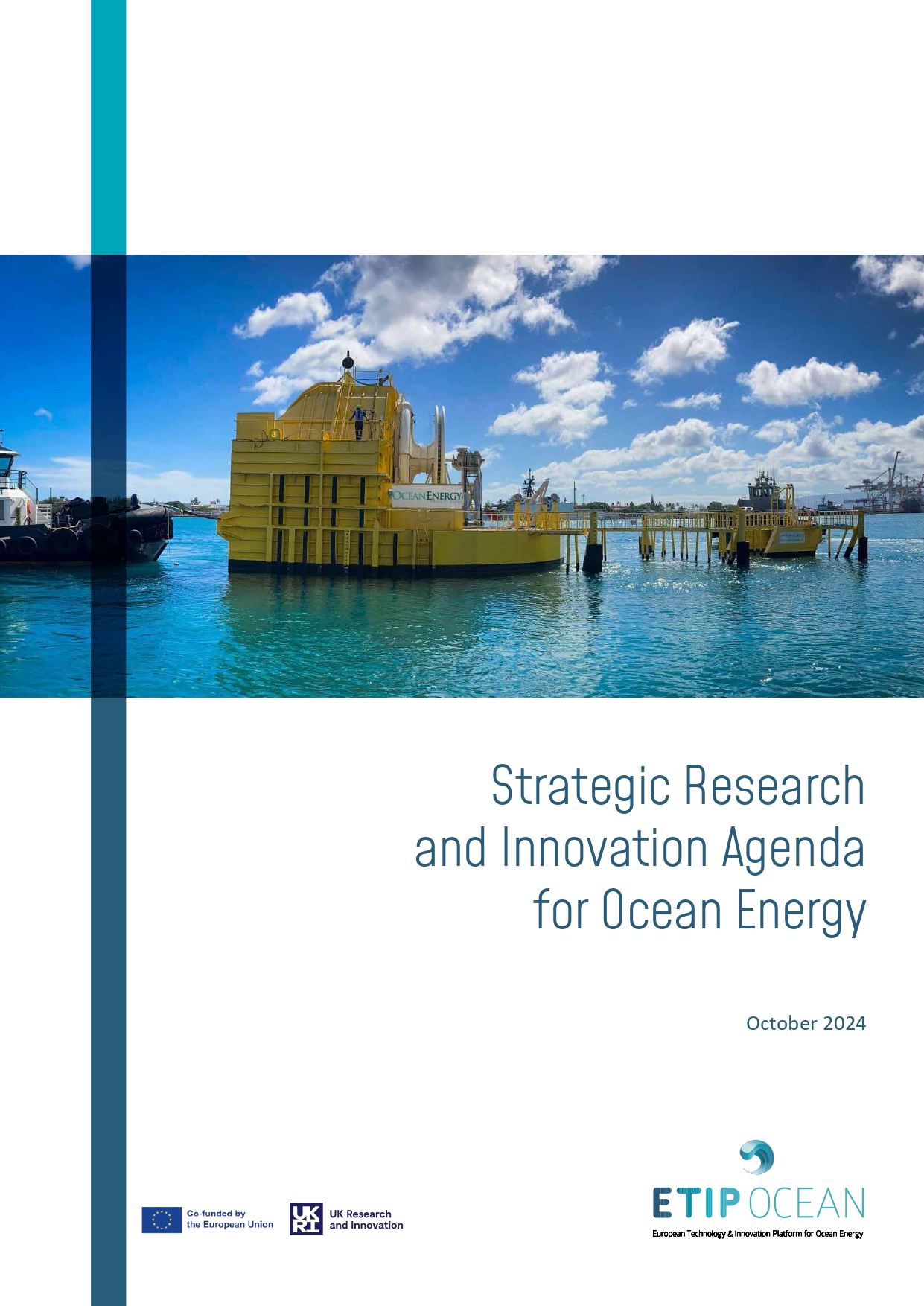
Wave energy accelerating energy transition on islands
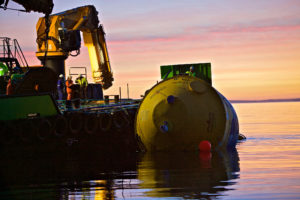
Image: CorPower Ocean – Credit: Colin Keldie
The study ‘Powering an island energy system by offshore floating technologies towards 100% renewables: A case for the Maldives’ looks at the possibility of floating offshore renewables replacing fossil fuels in challenging topographical areas. The case study, the Maldives, are dependent on diesel-based electricity generation and have limited land area but have access to sea areas.
The study concludes that wave energy and floating offshore PV have the potential to provide suitable decarbonisation solutions for islands and countries with restricted land area and secure the energy supply as needed.
Wave energy, with its relatively stable electricity generation over the whole year and especially during the monsoon season, was found to be the backbone of the Maldives energy system, even if the wave resources are moderate. Very good complementarity with electricity generation from solar PV and a constant electricity production over the whole year made wave energy an important part in providing flexibility to the energy system.
Key findings
LCOE of a fully renewable energy system with imported e-fuels can reach 120.3 €/MWh in 2030 and 77.6 €/MWh in 2050.
LCOE of a fully renewable energy system with domestic e-fuels can reach 132.1 €/MWh in 2030 and 92.6 €/MWh in 2050.
This is an extract, full report available as PDF download
Download full report
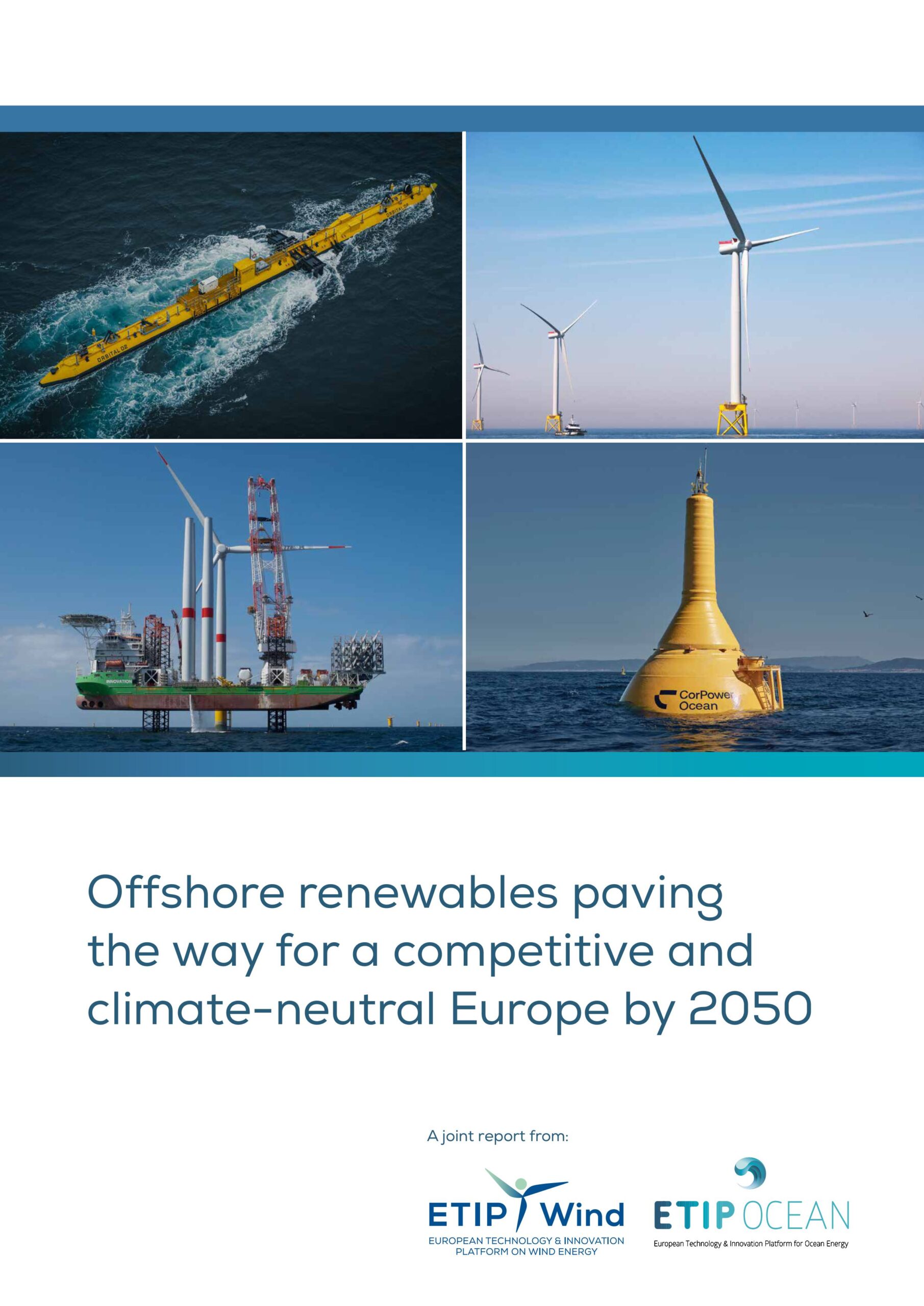
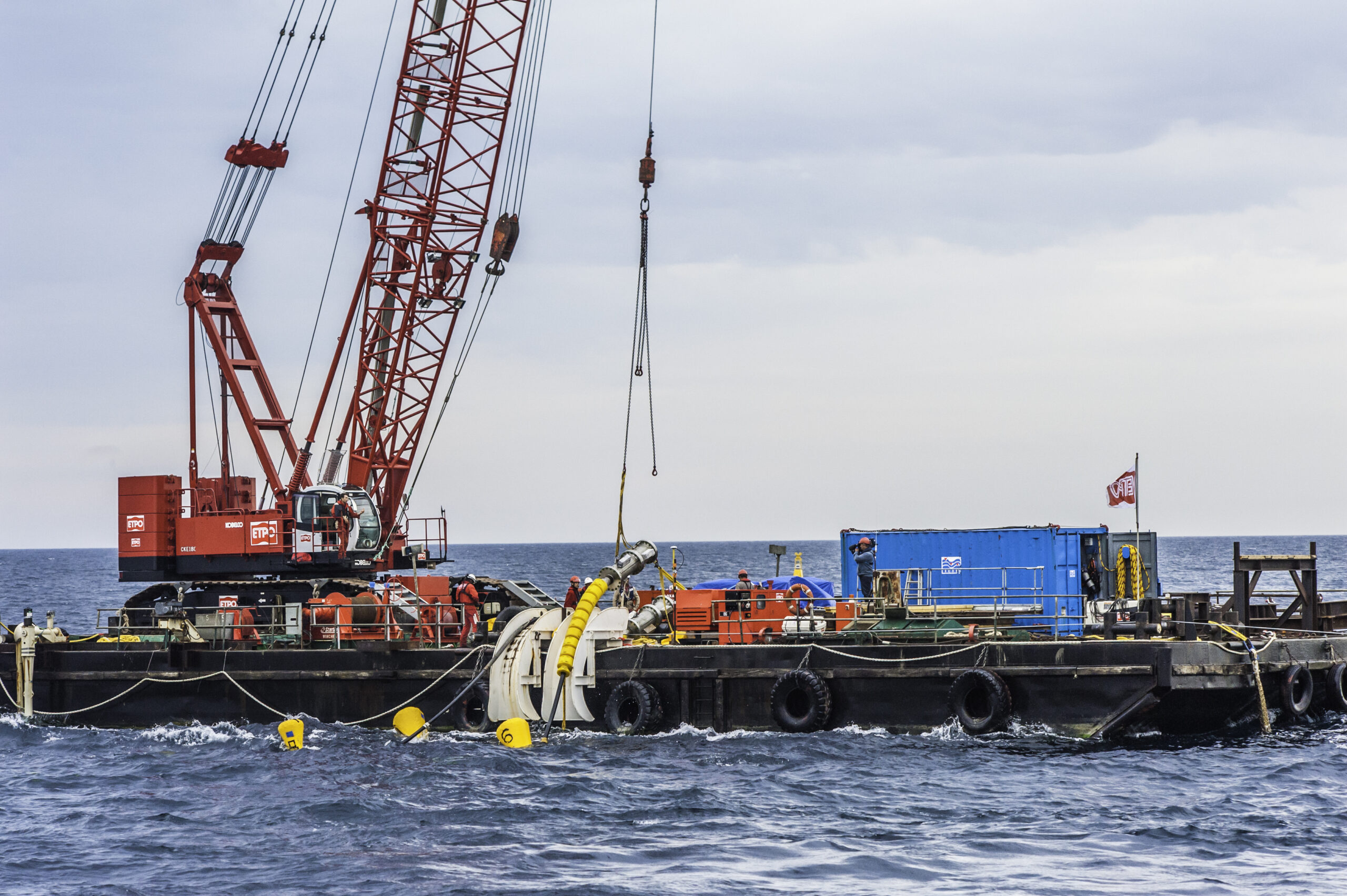
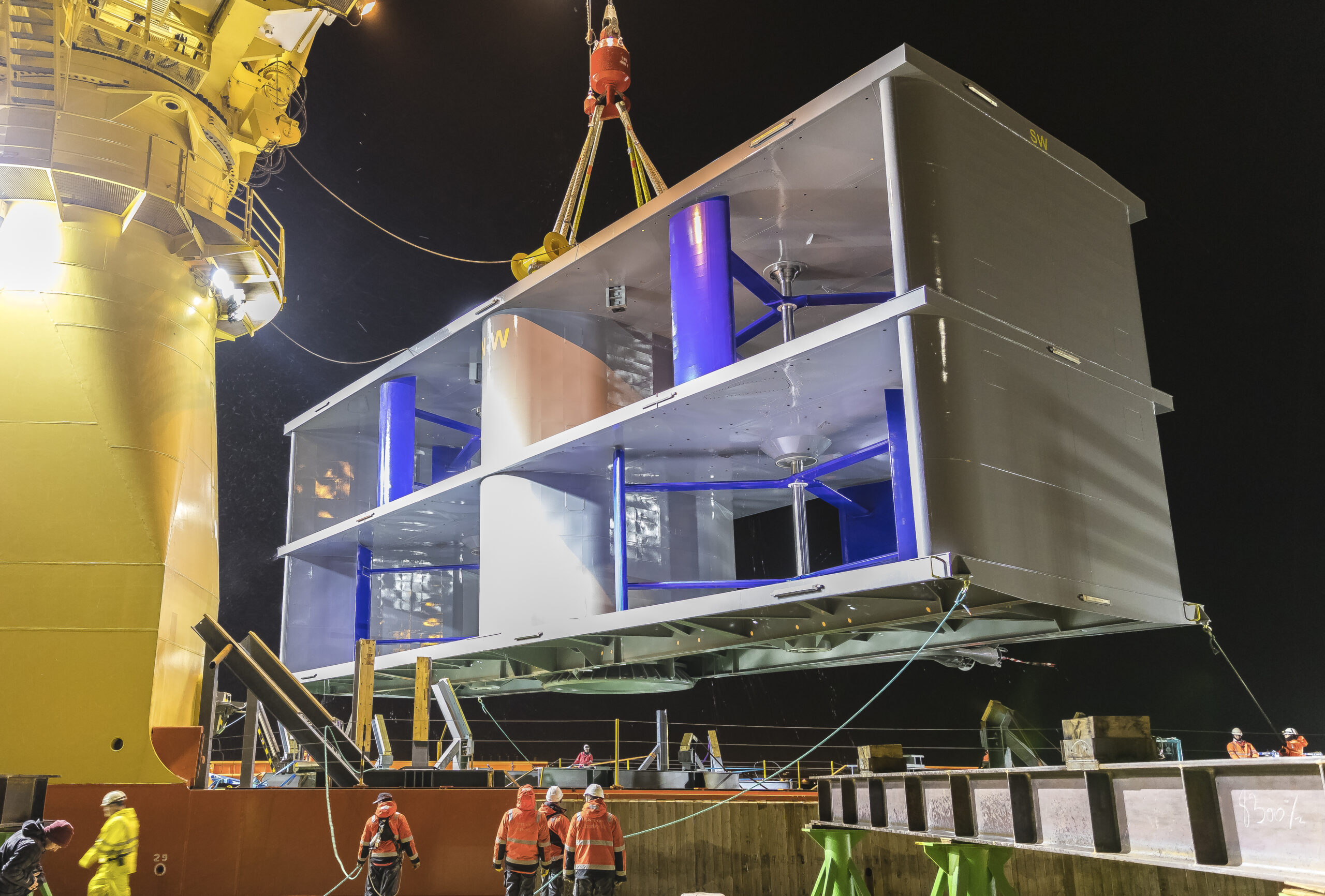
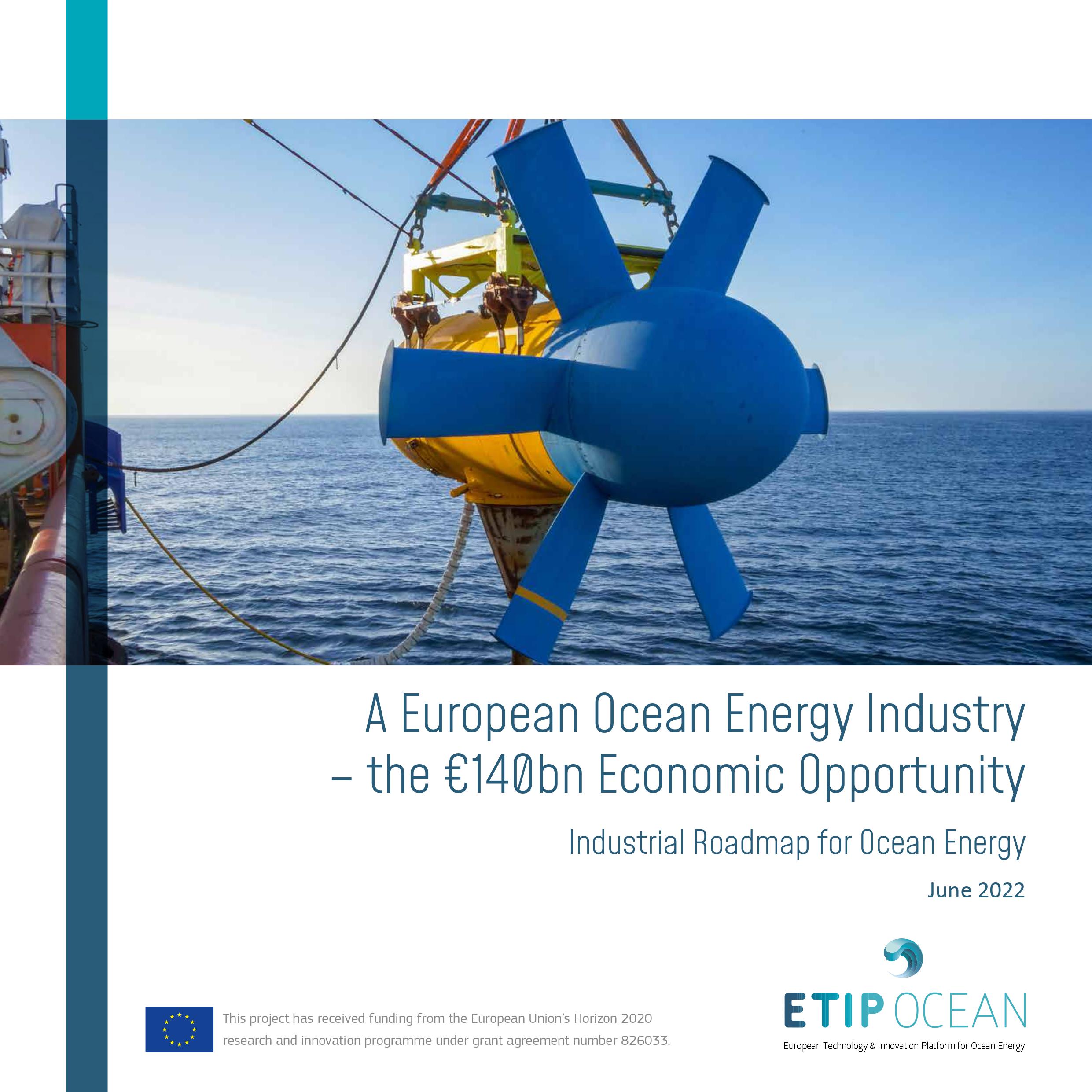
Industrial Roadmap for Ocean Energy 01 Jul 2022
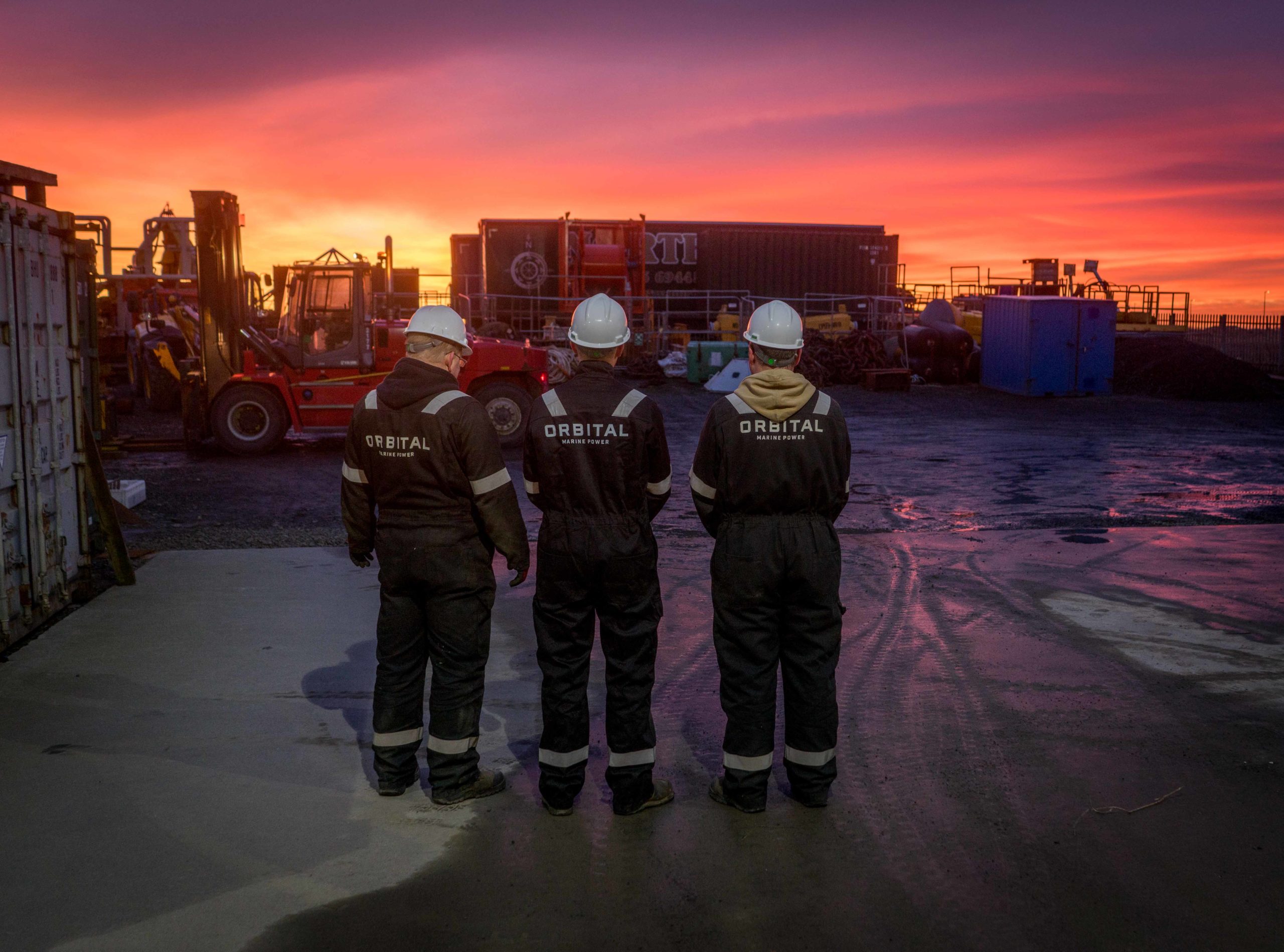
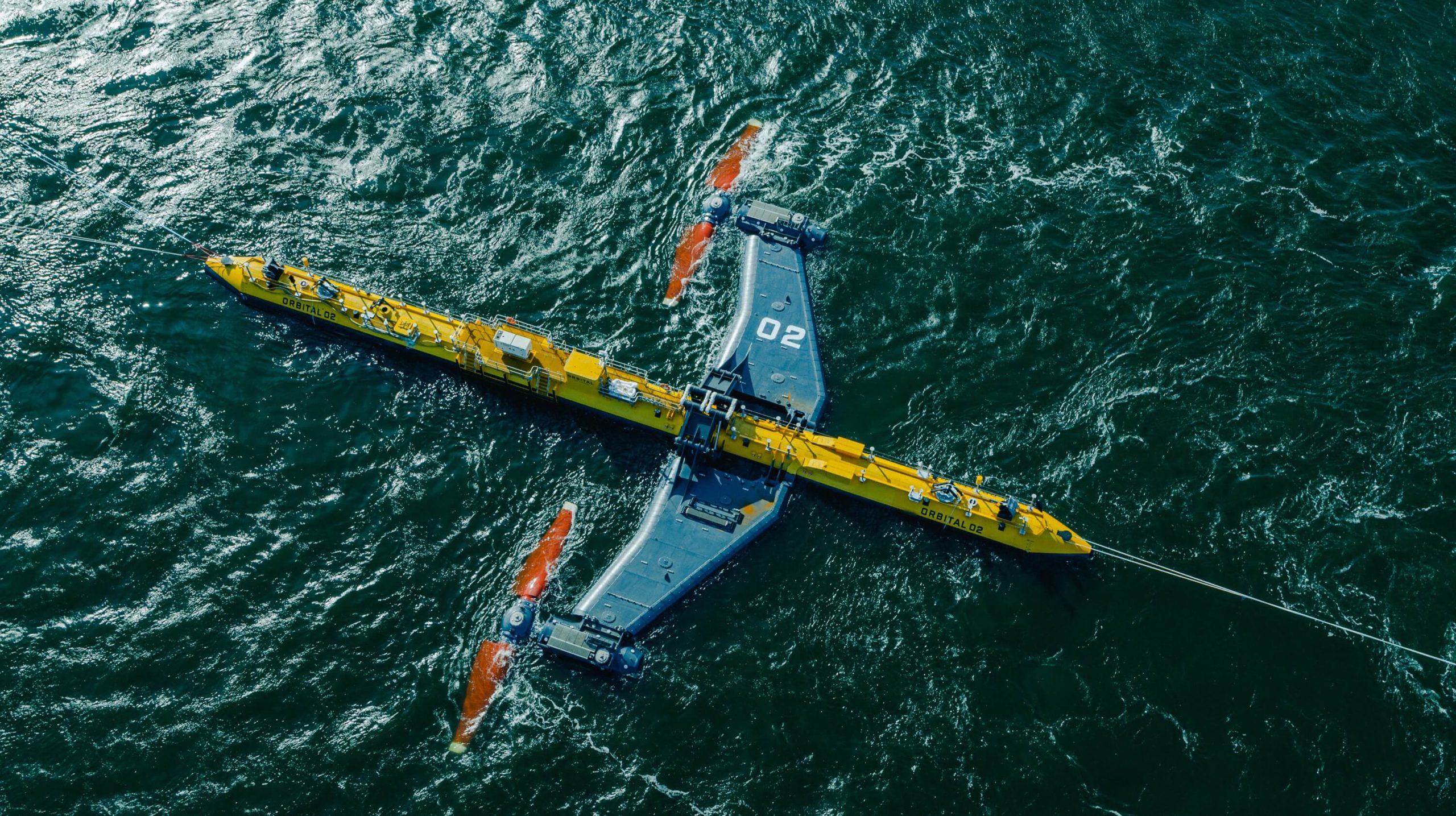
ETIP Ocean engagement with the SET Plan actions 01 Jan 2022
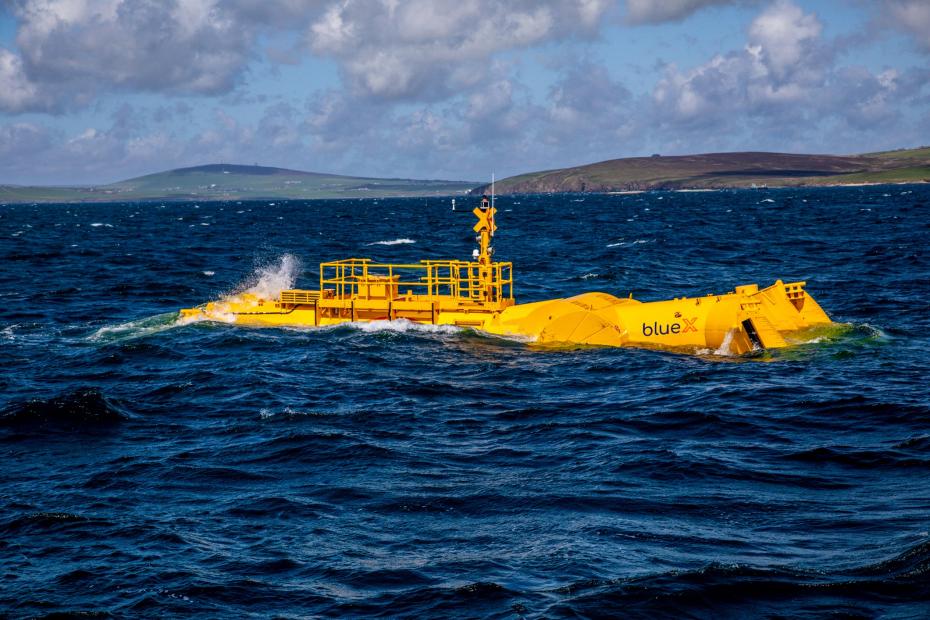
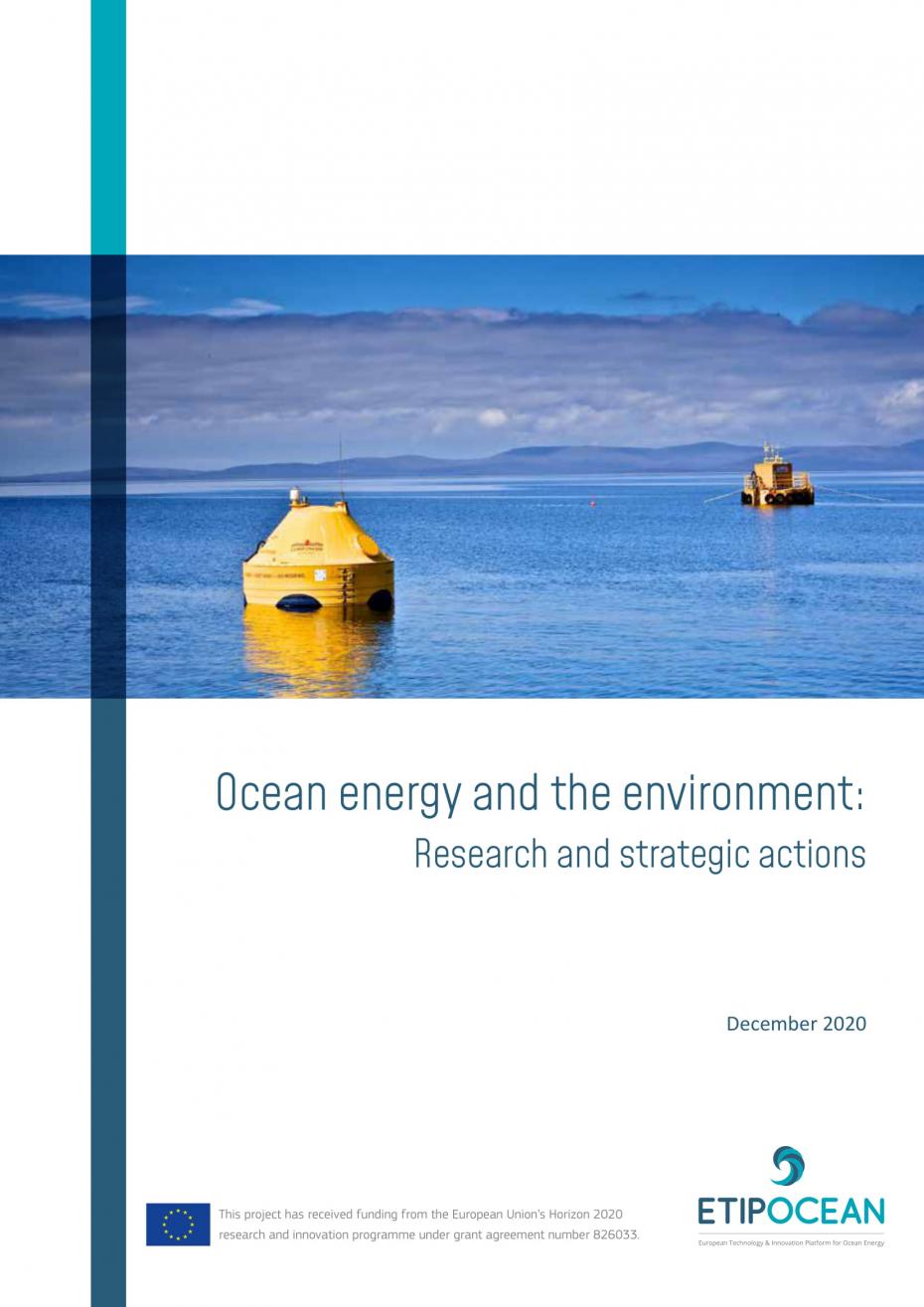
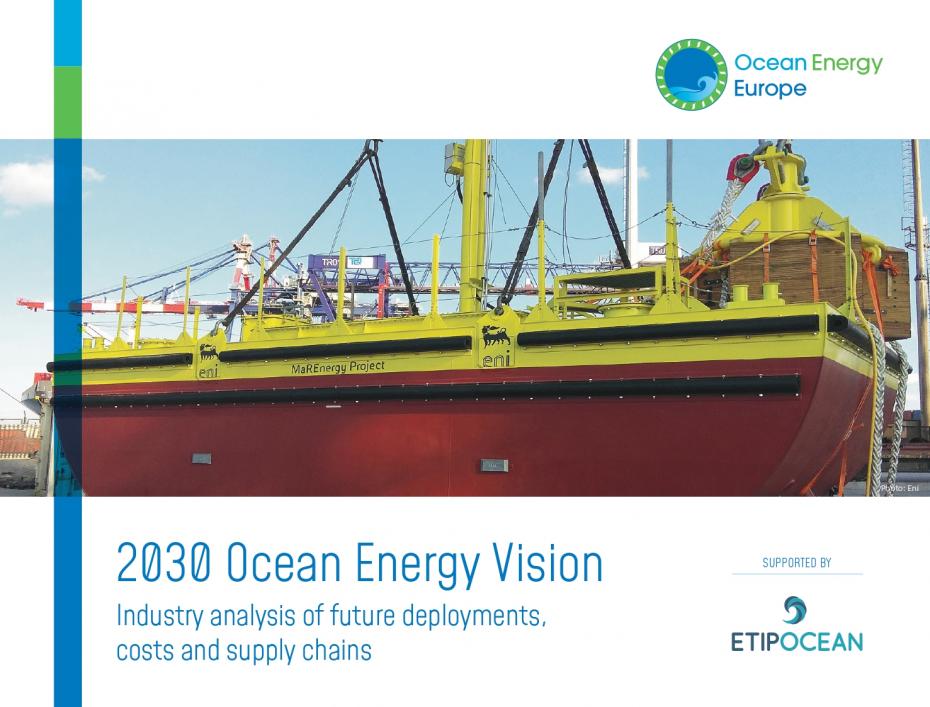
2030 Ocean Energy Vision 13 Oct 2020
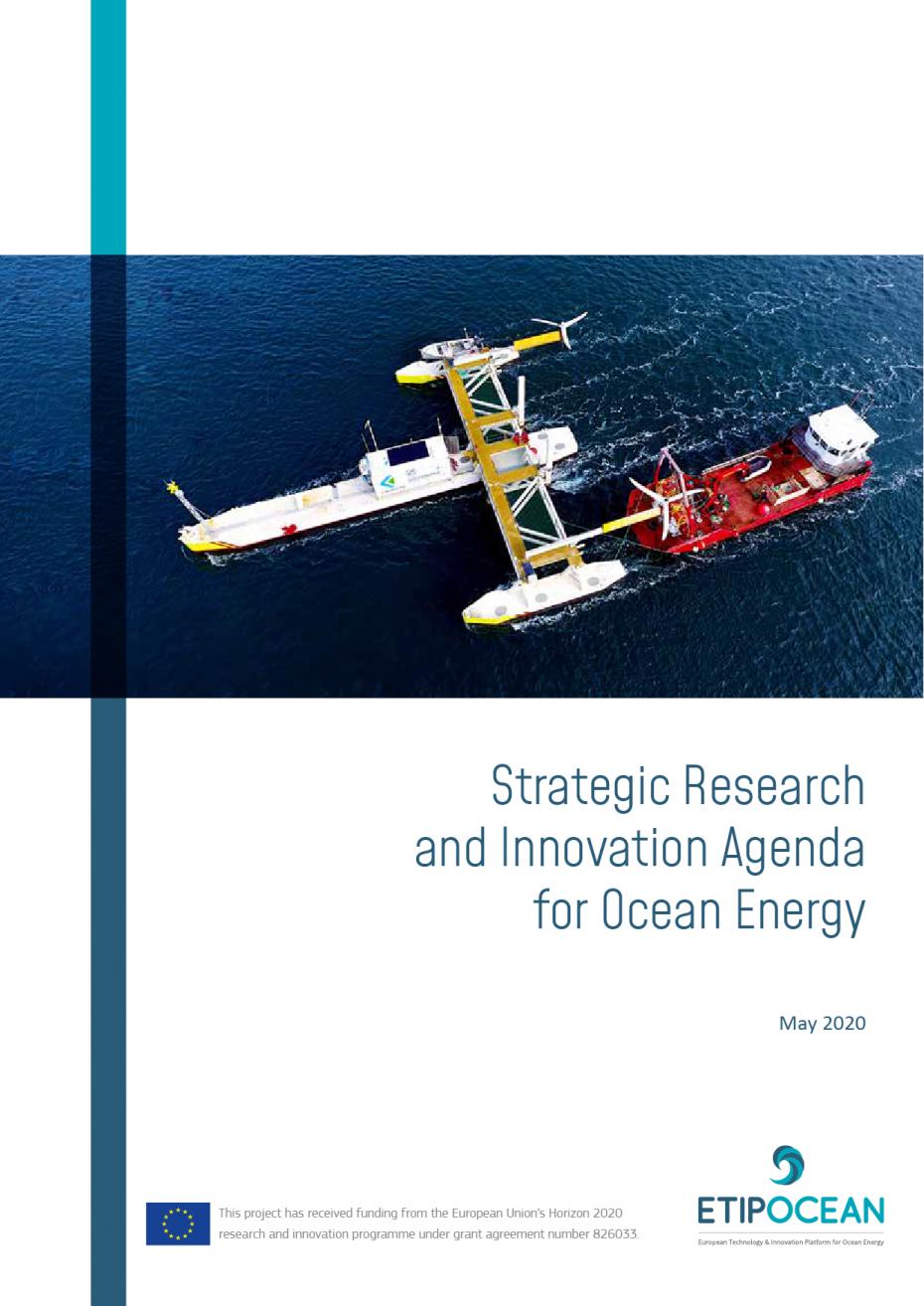
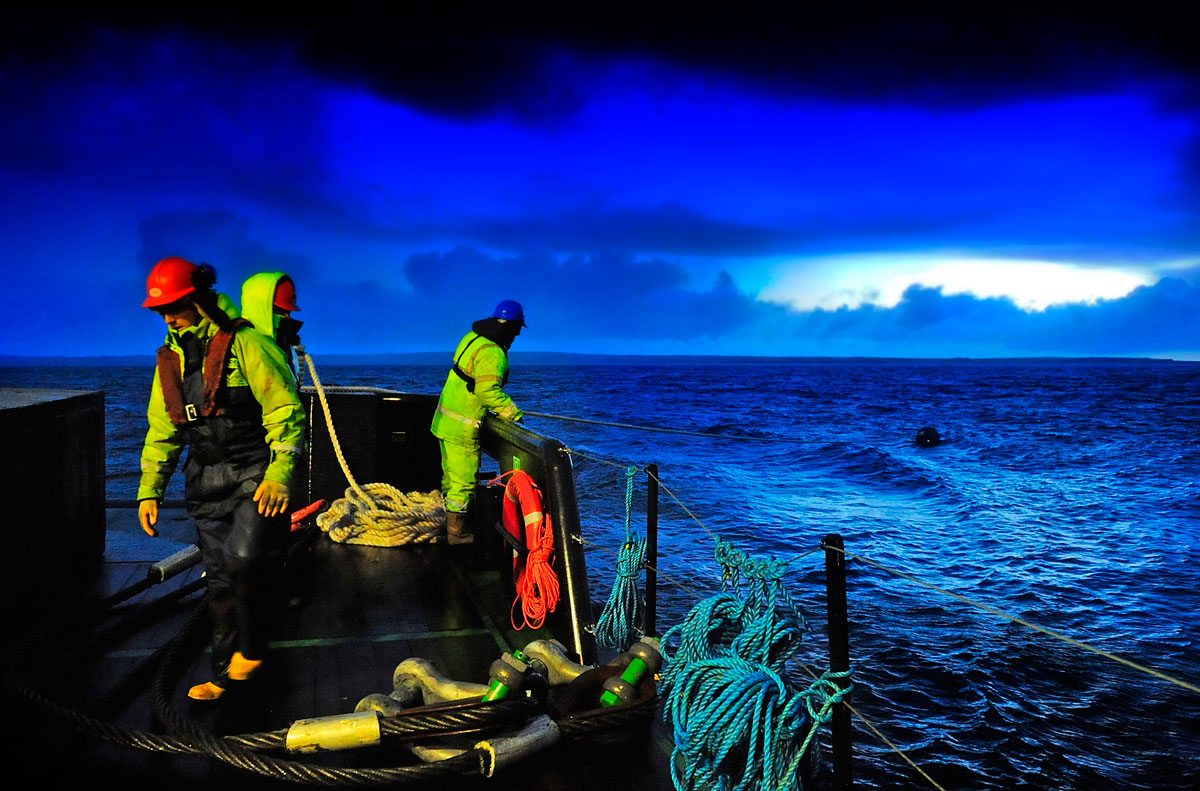

New ETIP Ocean report: EU and national policies play a key role in ocean energy development 19 Dec 2019
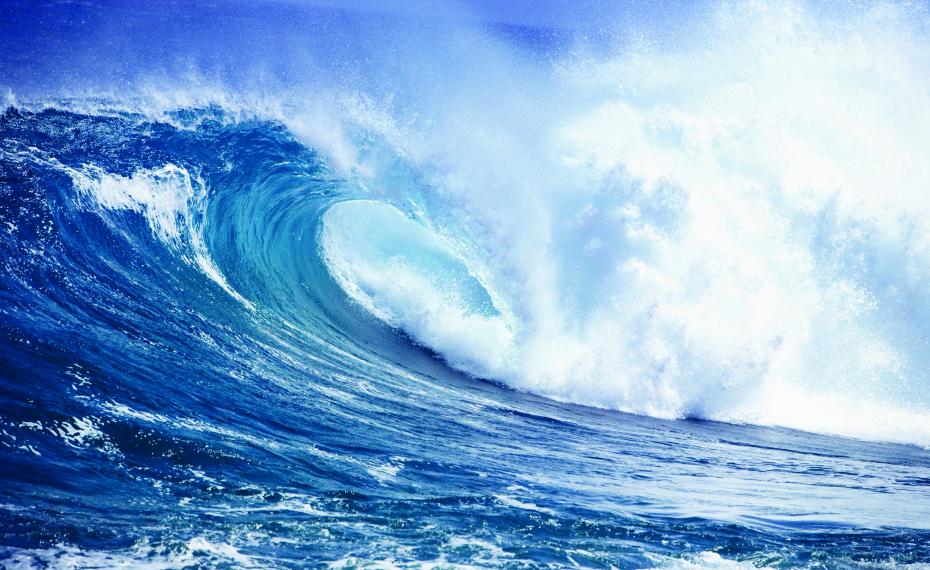
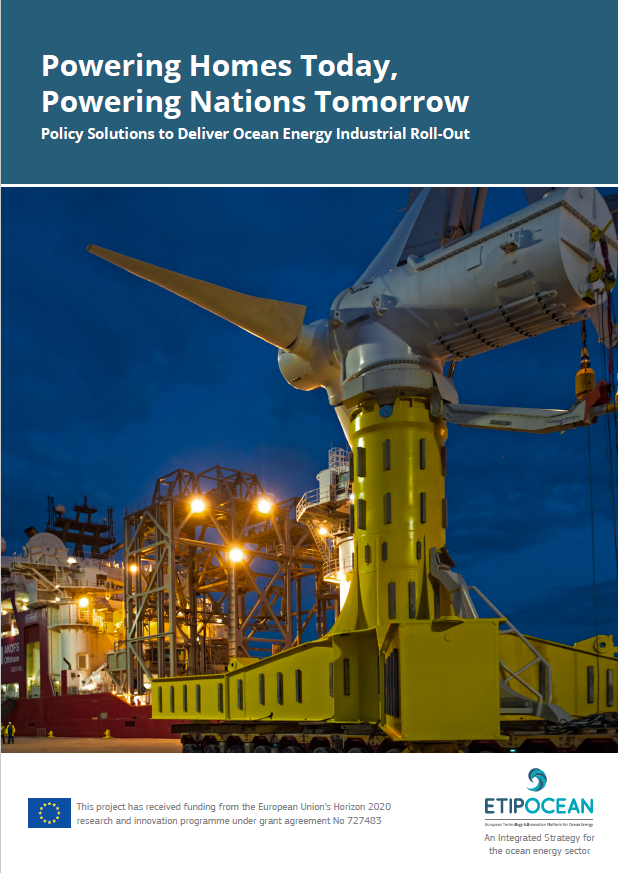
Powering Homes Today, Powering Nations Tomorrow 10 Apr 2019
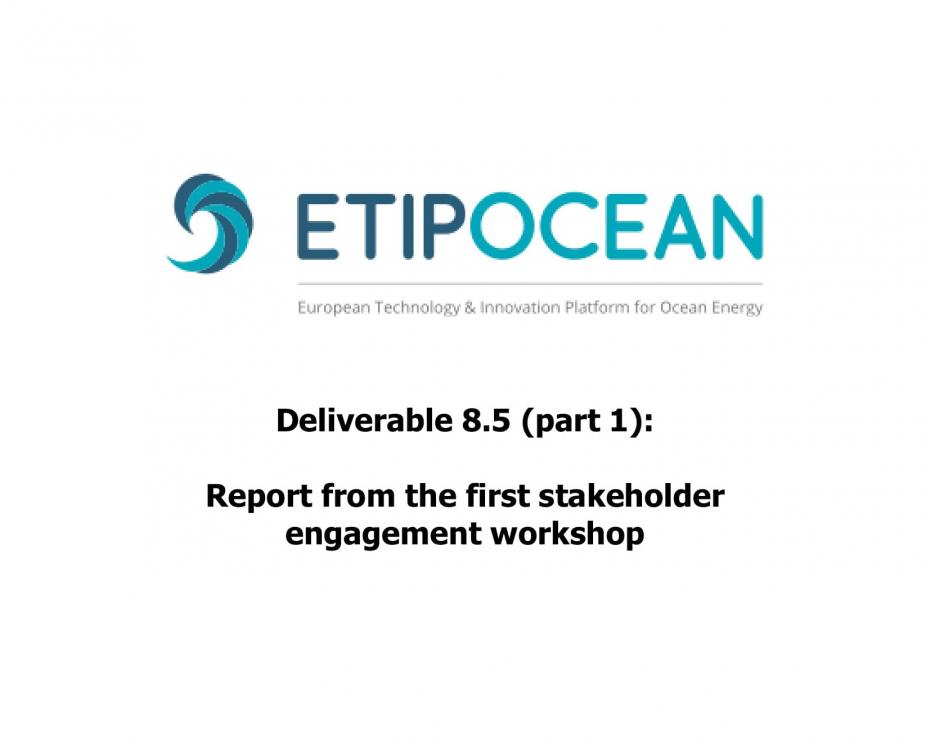
Report from the first workshop 30 Nov 2018
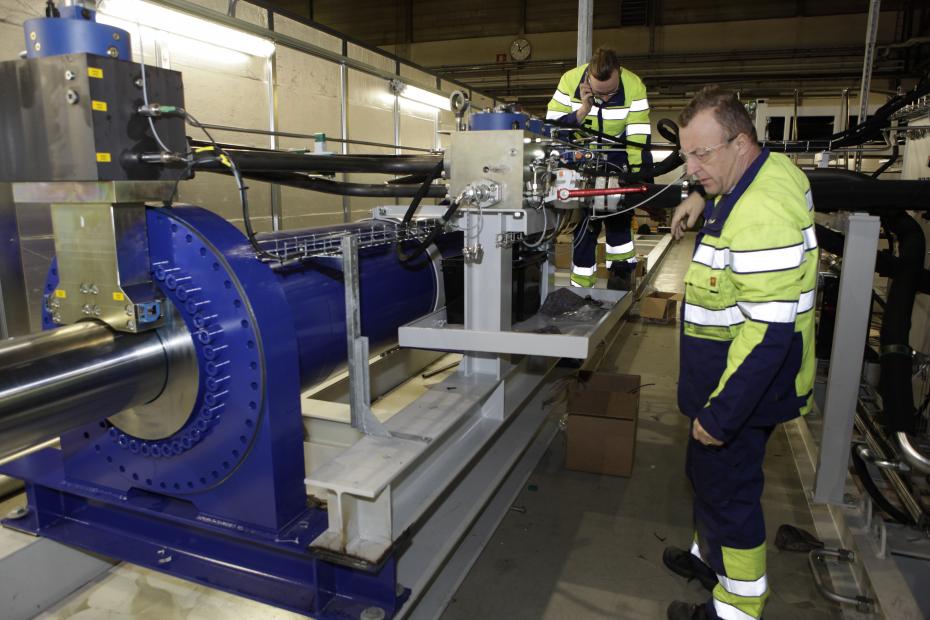
EU-funded ocean energy projects: complete description and links to H2020 and FP7 projects 28 Mar 2017
